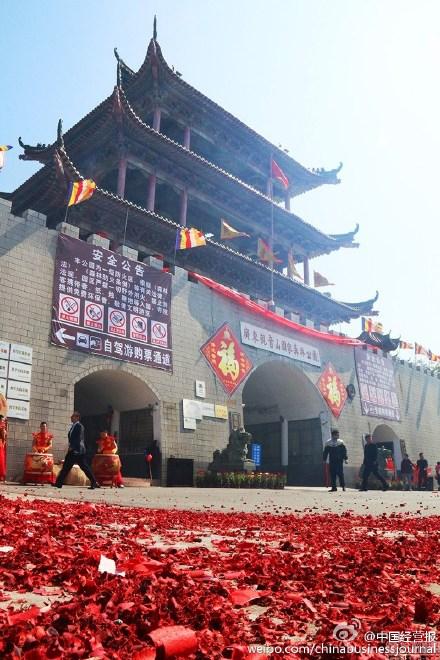In the southern Chinese city of Dongguan, citizens hung up banners and let off firecrackers after one of the former mayors of the city was purged, according to Chinese news reports.
Liu Zhigeng, most recently the deputy governor of Guangdong Province from 2011, was placed under investigation for serious violations of Party discipline, according to Party investigators on Feb. 4.
But before he was kicked upstairs, Liu ruled Dongguan with an iron fist. Dongguan is an otherwise unremarkable city that was home to a large number of electronics manufacturers, and brothels.
“Many people are all thinking about how to report his wrongdoings. Basically many people know about the crimes he has committed,” said Mr. Dan, a resident of Dongguan, in an interview with Radio Free Asia (RFA) on Feb. 5.
Among residents, he was known as the official who banned motorcycles and raising pigs in order to build a “clean city”—but at the same time, they blame him for the influx of prostitution into the city, and along with it gambling dens and the manufacture of drugs.
His wife is said to have kept tight control over the issuance of fire inspection certificates—a steady source of cash flow—and his nephew is said to have run one of the gaudiest nightclubs, as well as keeping a hand in the sex industry, according to those interviewed by RFA.
On Sina Weibo, China’s Twitter-like service, netizens seemed overjoyed at Liu’s removal from office. A netizen calling himself “G-oo” from Guangdong wrote: “This is the best new year gift for the people in Dongguan. This calls for a national celebration.”
“Give us back our motorcycles,” wrote another Internet user.






